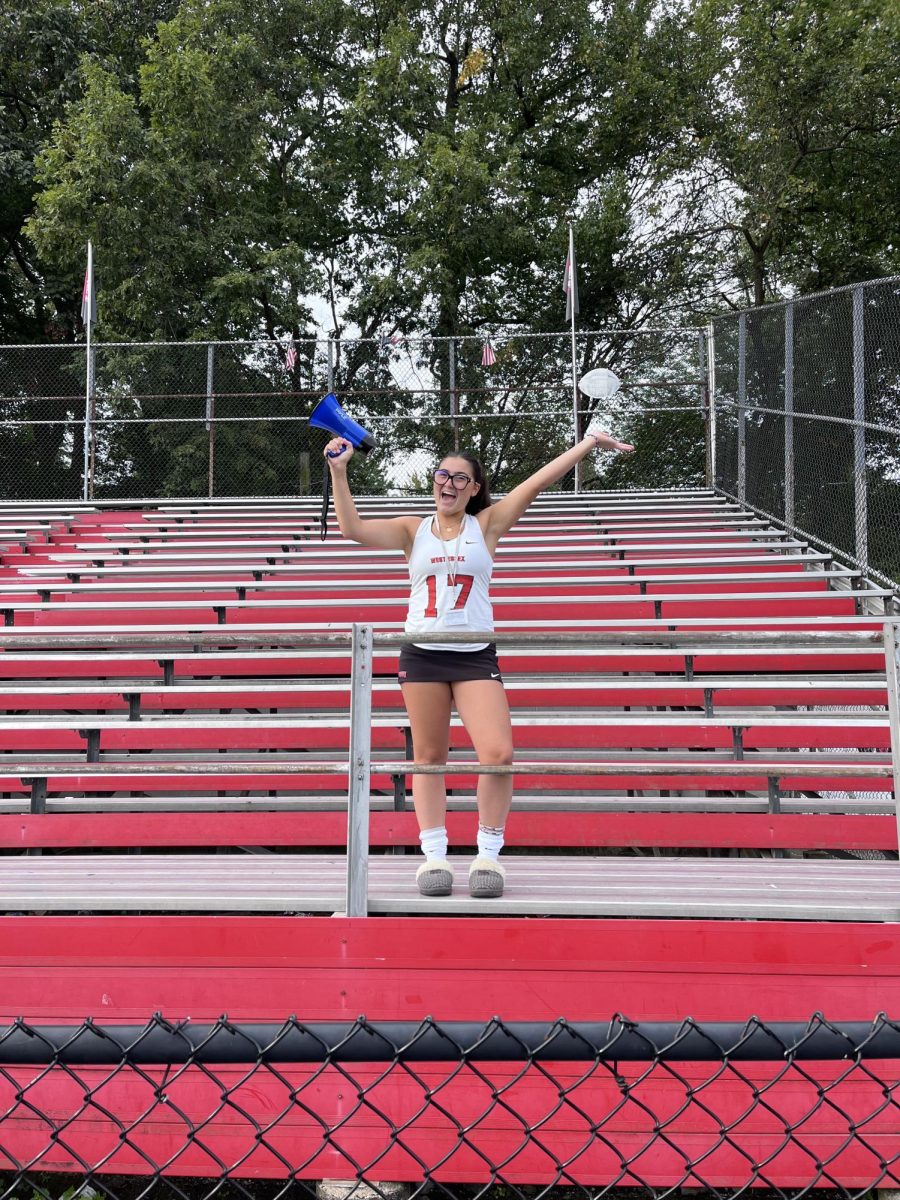West Essex seeks to breed the highest-achieving students, ones that have impressive GPAs, do the most extracurricular activities, succeed in college admissions and reflect well on the school. The staff and administration encourage students to challenge themselves and get involved in the school community as much as possible. This push for excellence is felt across the entire student body.
West Essex currently implements many college-based teaching strategies tailored to prepare students for more difficult levels of education after high school. But with this, students are left more doomed in high school than they may ever be in college.
Lots of teachers have taken a reverse classroom approach, a method where students do all the learning on their own, such as through video lectures, and come to class prepared to do activities practicing what they taught themselves. This method sounds productive in theory, especially in the college setting, where hands-on work with the professor might be beneficial for students whose classes only meet a handful of times a week.
In high school, however, this is not the case. Students are only teenagers who are still learning and developing; this is why they see their teachers nearly every day, and cannot yet be trusted to live away from home. There is no reason to omit lecturing and active learning in high school classes, what is known as “direct instruction,” and leave out opportunities where students and teachers can actively discuss class notes.
“I don’t like how I feel that I have the responsibility of the teacher on me with reverse learning,” senior Mia D’Amore said. “I feel like I’m not learning as well as I would if the teacher just did lectures and some hands-on learning instead of solely hands-off learning and teaching ourselves.”
Students, especially teenagers, simply cannot be expected to teach themselves an entire course at home; that is not, and never was, what learning is. The push to adapt to college-level learning makes understanding coursework much less accessible to students and much more depleting on their grades.
Many West Essex teachers also hold weekly tests for students, quizzing them on newly introduced material routinely. In college this is understandable; courses are crammed into one short semester, and with that, the curriculum must move along at a reasonable pace. In high school, where students are still building a vital foundation for a lot of skills, there is no reason to rush students in their learning, so much so that their education becomes a test on their ability to quickly take a test and not retain the true information. Students may leave high school being able to quickly prepare for tests but will have no strong understanding of any of their materials. Sooner or later, this lack of preparation and knowledge will catch up to them.
Of course, West Essex does need to take the steps to ensure that students can handle college workloads, and in many ways they do. The administration gives students leeway with their class choices, extracurricular opportunities, independent study options and many more. But there also needs to be a line drawn between what works best for high school students and what is appropriate for college students. High school students are still in a very developmental period of their education journey, where they are building the fundamental skills they will need later in life. The push to prematurely advance students into college-level working methods unfortunately does more harm than good.





